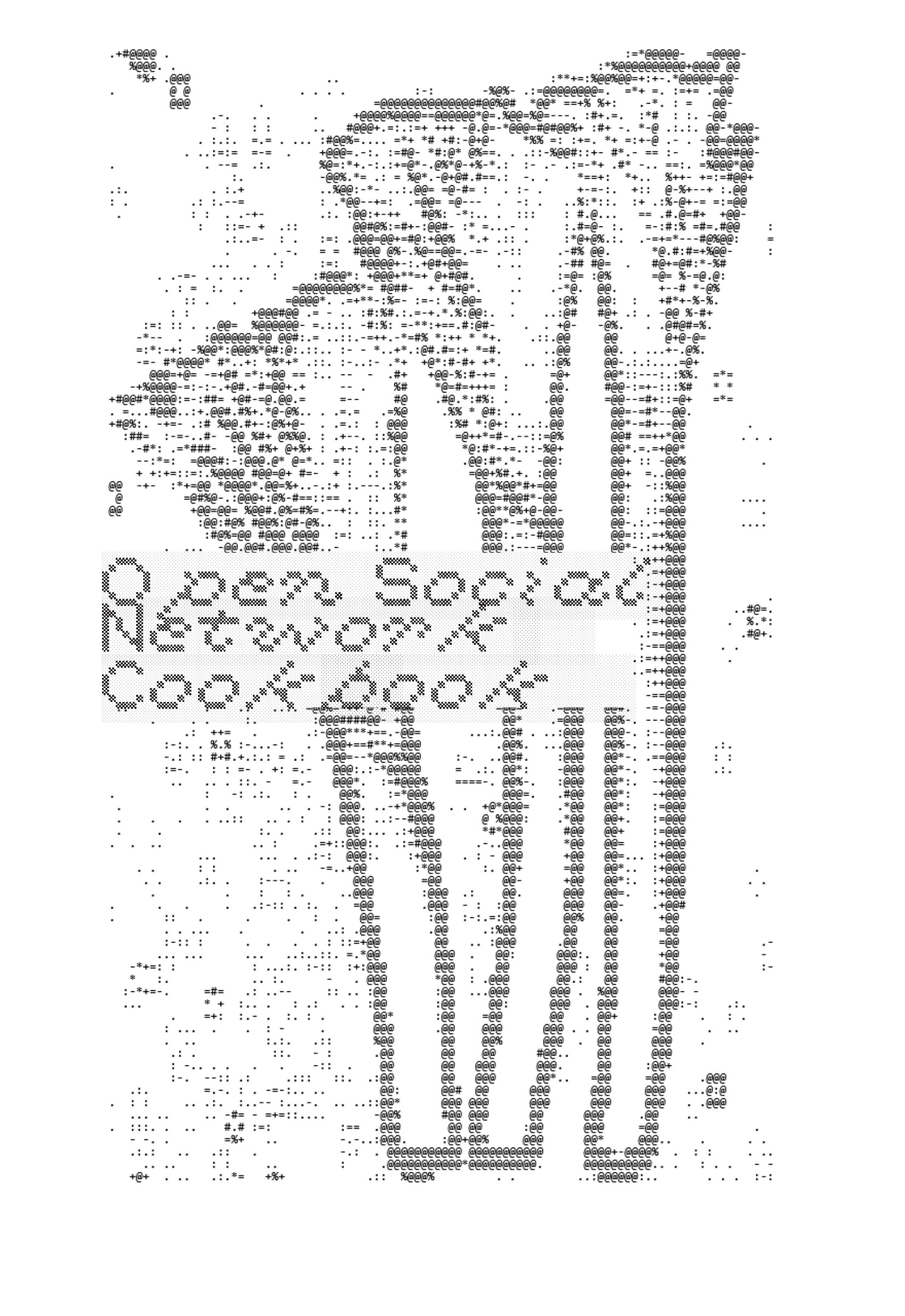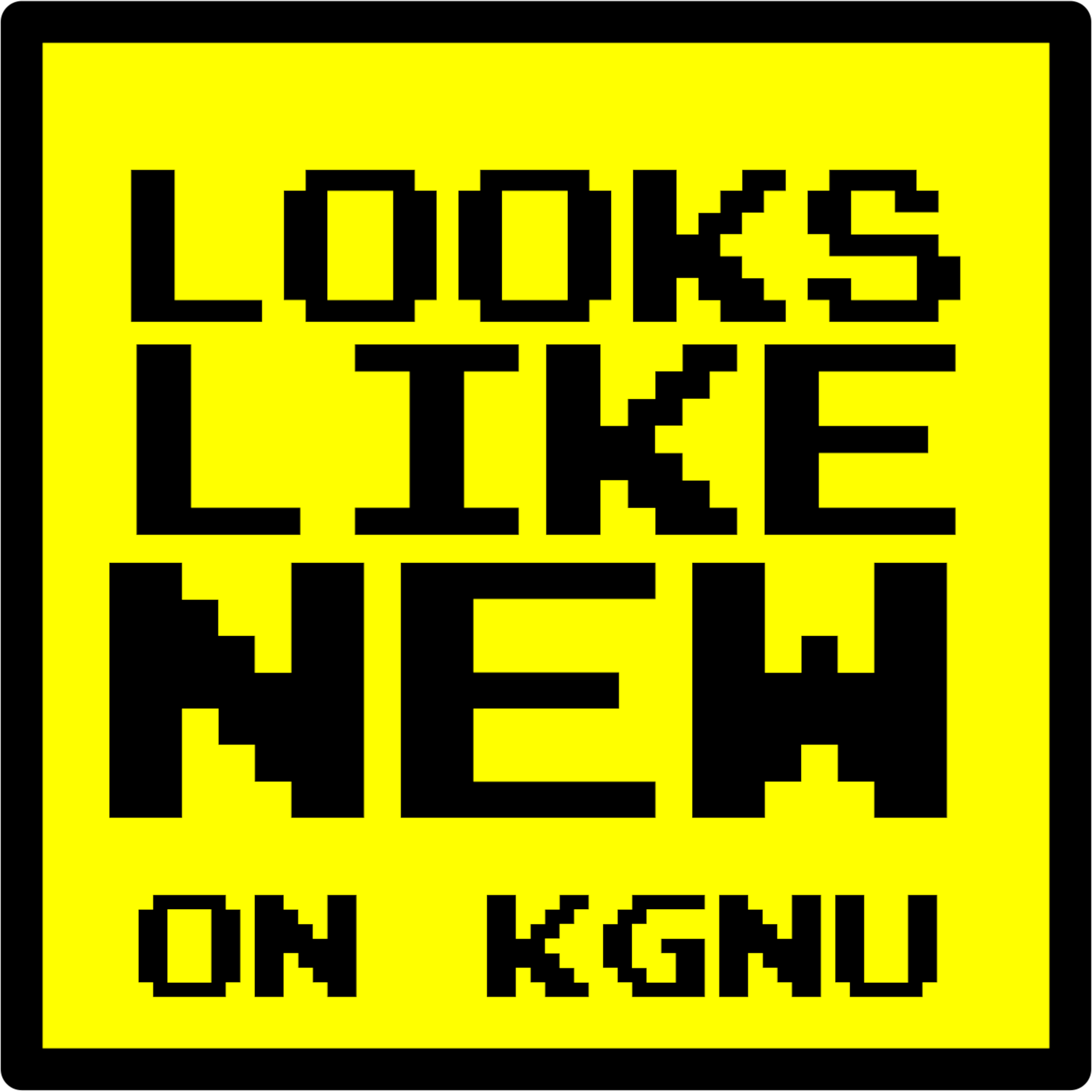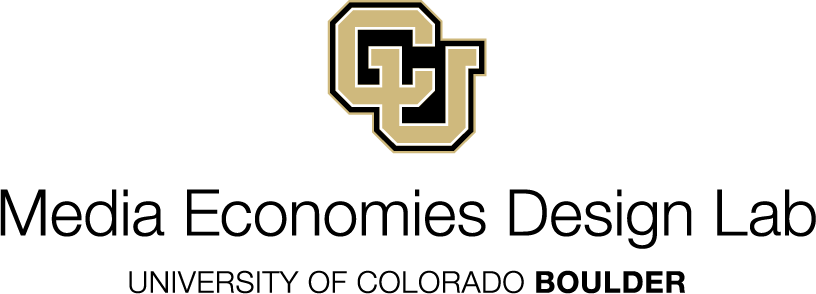Get the Open Social Network Cookbook
 The Open Social Network Cookbook is the collective product of the Open Social Incubator, a cohort that MEDLab hosted from Fall 2024 to Spring 2025. At the heart of our work together was the question: How can the online communities that we participate in use tools that truly reflect our values?
The Open Social Network Cookbook is the collective product of the Open Social Incubator, a cohort that MEDLab hosted from Fall 2024 to Spring 2025. At the heart of our work together was the question: How can the online communities that we participate in use tools that truly reflect our values?
Over the course of six months, the Open Social Incubator became a vibrant container for peer-to-peer knowledge sharing. We learned about the varying affordances of open social tools like Bluesky, Mastodon, and Matrix, and, as each member’s project developed, delved into the site-specific challenges of constituting new online communities.
Each participant in the Incubator has crafted a “recipe” for building a community on alternative social media. Their platforms and protocols of choice vary. If you don’t know a Raspberry Pi from an apple torte, don’t fret! As is the case with making a meal, some recipes require more advanced techniques, whereas others are easier for beginners—but with a little patience (and some encouragement from hungry friends), anyone can become a seasoned chef.
The cookbook includes stories, conversations, sample tech stacks, Unicode art, and more. Get it, print it, fold it, and share it!
The Open Social Incubator was organized by the Media Economies Design Lab at the University of Colorado Boulder thanks to generous gifts from Colorado ReWild and Mask Network Academy.
Call for papers: "The Imaginative Landscape of AI"
Few technological developments spark more debate today than artificial intelligence. From promises of human advancement to fears of existential risk, AI generates a multitude of visions, conflicts, and societal debates. The International Journal of Communication is launching a Special Section on The Imaginative Landscape of AI: Visions, Positions, Conflicts. The editors of this Special Section, Andreas Hepp and Nathan Schneider, invite submissions that empirically explore emerging imaginaries, ideological positions, and conflicts surrounding AI.
Key deadlines:
- Abstracts (500 words) due December 1, 2025
- Notification of acceptance by January 1, 2026
- Full manuscripts due May 1, 2026
- Publication in spring 2027
More information and the submission form can be found here.
Podcast: What stories do our machines tell and what do they remember?
 MEDLab's radio show, Looks Like New, comes out the fourth Thursday of every month on KGNU, 88.5 FM, or online as a podcast. Last month's episode is now available:
MEDLab's radio show, Looks Like New, comes out the fourth Thursday of every month on KGNU, 88.5 FM, or online as a podcast. Last month's episode is now available:
In this month’s episode of Looks Like New, hosted by MEDLab’s associate director Júlia Martins Rodrigues, we speak with Camila Galaz, an interdisciplinary artist, editor, and researcher whose work explores the intersections of technology, memory, and historical storytelling.
Galaz is the founder of Structured Knowledge, a nonfiction narrative consultancy helping creatives and thinkers translate complex ideas into meaningful public-facing work. She is also co-creator of Our Friend the Computer, a globally ranked podcast uncovering underrepresented histories of computing; an editor at the Millennium Film Journal; and co-founder of Superkilogirls, a creative research lab examining the material infrastructures of computing and their entanglement with women’s labor.
Her projects have been supported by the New Museum, the Nieuwe Instituut, Creative Australia, the National Gallery of Victoria, and the Media Archaeology Lab at the University of Colorado Boulder. In this episode, Galaz reflects on how storytelling, archives, and experimental media can reveal the hidden human histories behind our digital world.
Subscribe today on Apple Podcasts, Spotify, or directly through our website. You can also follow the show on Instagram, Mastodon, and X.

